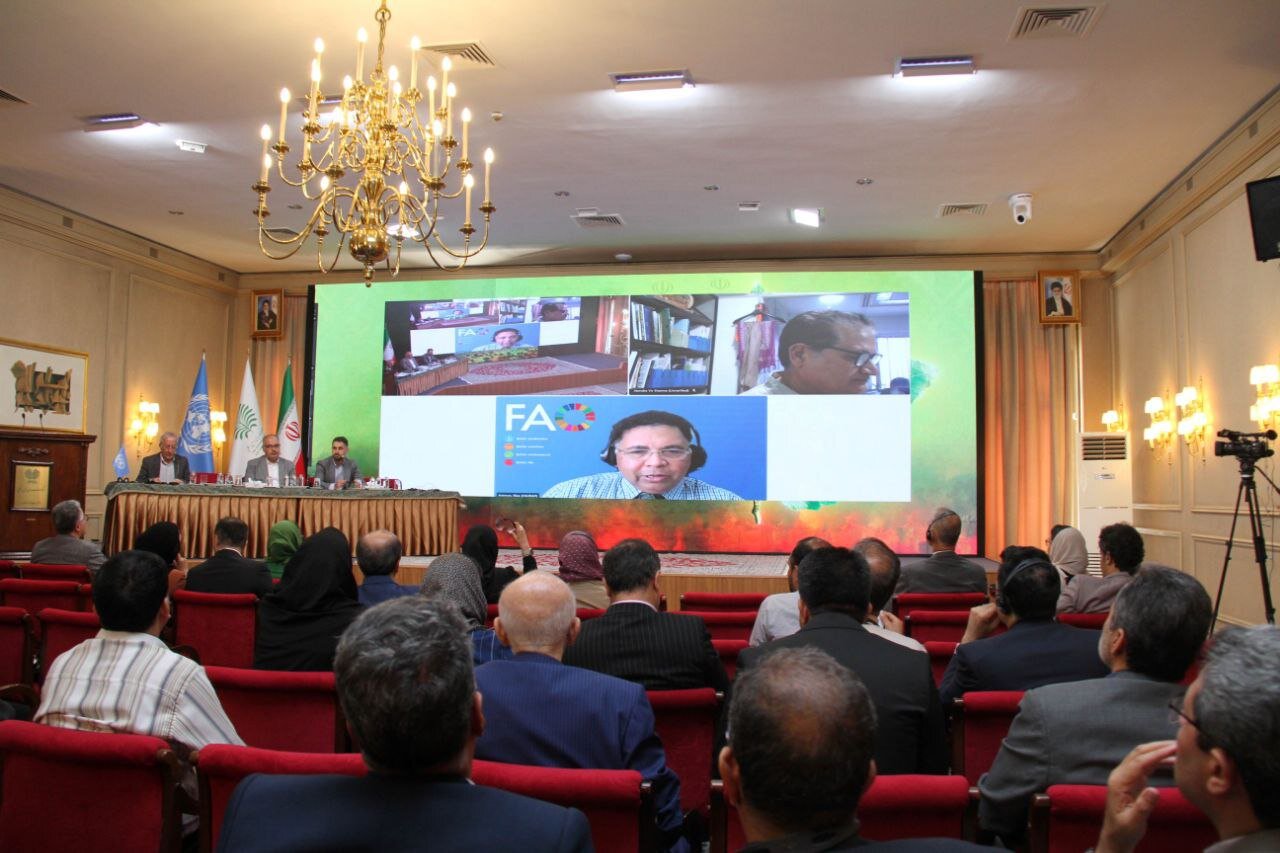
Similar Posts
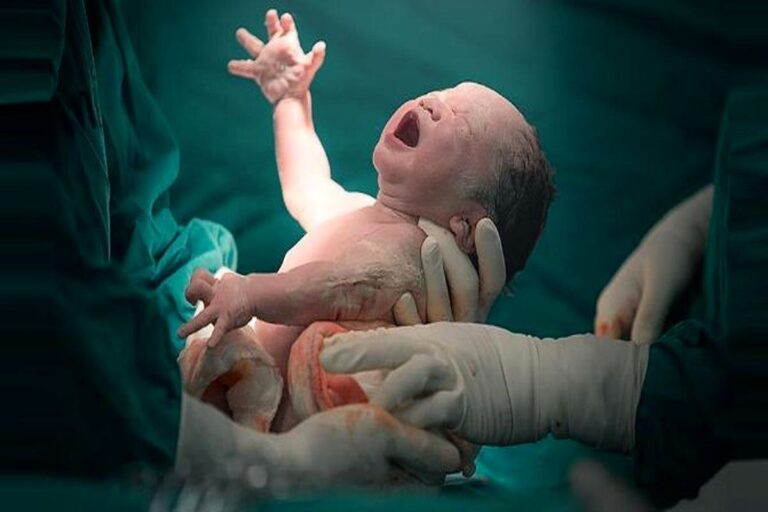
UNFPA Applauds Iran’s Remarkable Progress in Slashing Maternal Mortality Rates
The United Nations Population Fund (UNFPA) commended Iran for a 63% reduction in maternal mortality rates, dropping from 43 to 16 deaths per 1,000 live births since 2000, largely due to its strong primary health care network. On International Day of the Midwife, Ayna Seyitliyeva, UNFPA representative, emphasized the vital role of midwives in improving maternal health and reducing preventable deaths. Despite this progress, inequalities persist, particularly in less developed regions like Sistan-Baluchestan. Seyitliyeva highlighted the need for enhanced maternal health services, as inadequate care accounts for nearly half of maternal deaths, and called for greater recognition of midwives’ contributions.
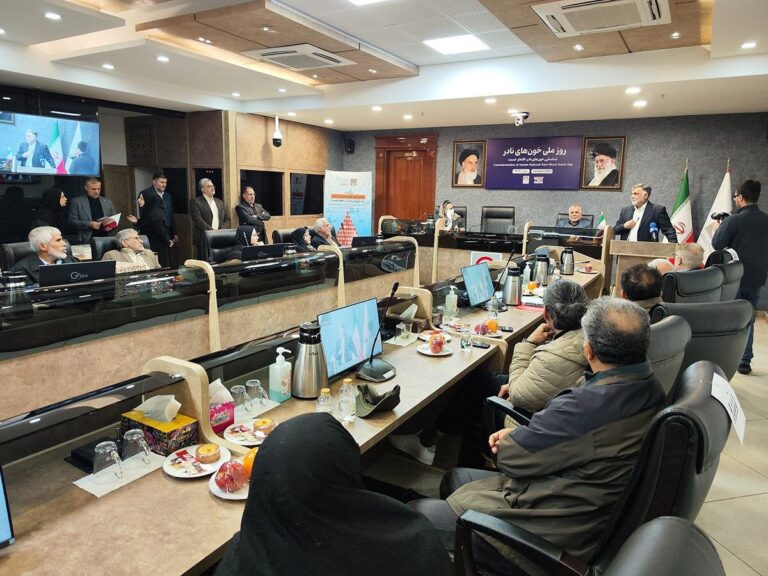
WHO Spotlights Iran as a Leading Model for Innovative Rare Blood Management Solutions
At the National Rare Blood Day in Iran, WHO Representative Jaffar Hussain highlighted the country’s potential as a model for global blood transfusion and management of rare blood types. He praised Iran’s commitment to equitable healthcare, ensuring everyone receives necessary care regardless of blood type. The event united health professionals, artists, and families sharing impactful stories of lives saved through rare blood transfusions. Hussain acknowledged the critical role of blood donors, advocating for universal access to safe blood. He commended the Iranian Blood Transfusion Organization for its achievements and called for ongoing collaboration and investment in transfusion medicine to support patients with rare blood needs.
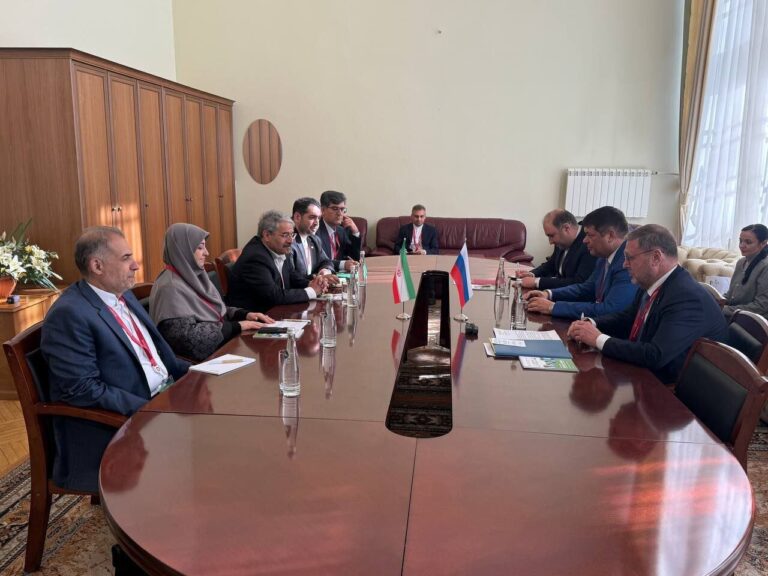
Iran and Russia Strengthen Environmental Cooperation: A New Era of Eco-Friendly Partnerships
At the 11th Nevsky International Ecological Congress, Shina Ansari, head of Iran’s Department of Environment, met with Konstantin Kosachev, deputy chairman of the Federation Council of Russia, to enhance environmental cooperation between the two nations. They discussed a strategic partnership treaty and the need for collaboration on Caspian Sea challenges, including pollution and resource management. The congress, attended by over 40 countries, focused on sustainable development and climate issues, featuring dialogues on youth involvement, food security, and green technologies. This event emphasized international collaboration to tackle pressing environmental challenges and promote innovative solutions for sustainability.
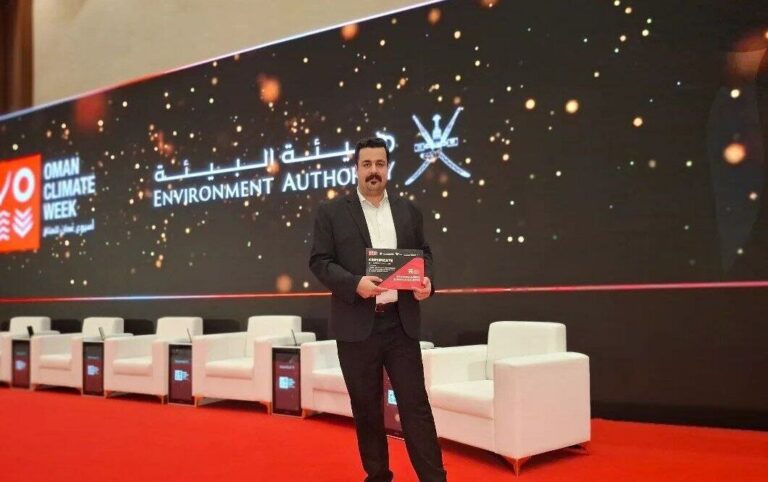
Iranian University Student Crowned ‘Future Climate Leader’: A Rising Star in Environmental Advocacy
Mohammad-Reza Baradaran Motie, a PhD student in architecture, received the ‘Future Climate Leader’ award at Oman Climate Week, held from February 24-27, which focused on sustainable solutions and climate change dialogue. The event featured over 250 speakers from 60 countries and included workshops and training on sustainability. Additionally, Iranian students excelled in various competitions, such as Hosna Salimi, who won ‘Young Researcher of the Year’ at the BRICS and SCO Young Leaders Award in Russia. Iranian teams also achieved success in robotics and science fairs, demonstrating their innovative capabilities and commitment to global challenges.
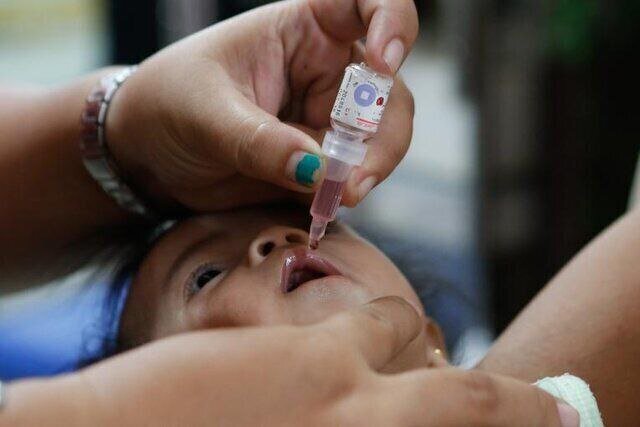
Kickstarting the Second Phase of Polio Vaccination: A Vital Step Towards a Polio-Free Future!
Iran’s health ministry is intensifying its polio eradication campaign, with the second phase scheduled from May 17 to 19, targeting about 300,000 children under five in high-risk northern regions. This follows the first phase, which vaccinated 314,000 children from April 12 to 14. Polio, a viral disease that primarily affects young children, can cause paralysis but is preventable through vaccination. Despite being declared polio-free in 2000, Iran faces renewed threats from increased wild poliovirus cases in neighboring Afghanistan and Pakistan. The ministry emphasizes maintaining vaccination coverage to prevent outbreaks amid rising regional risks.
